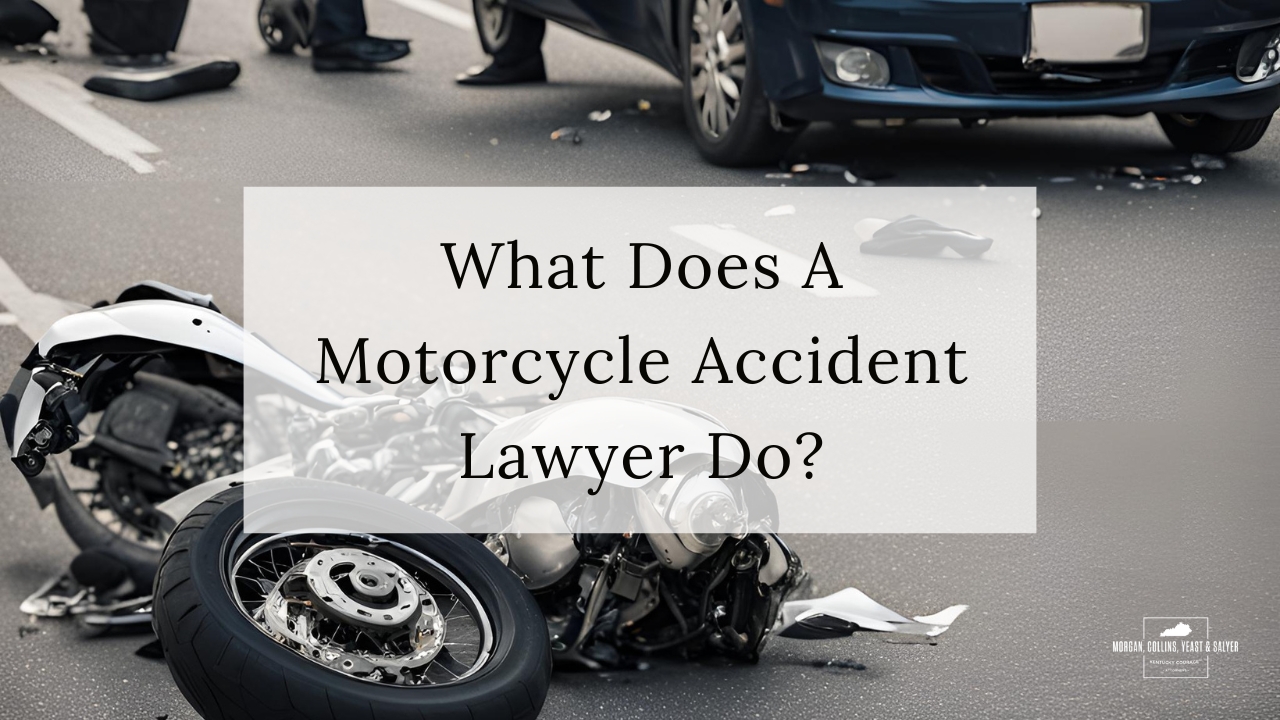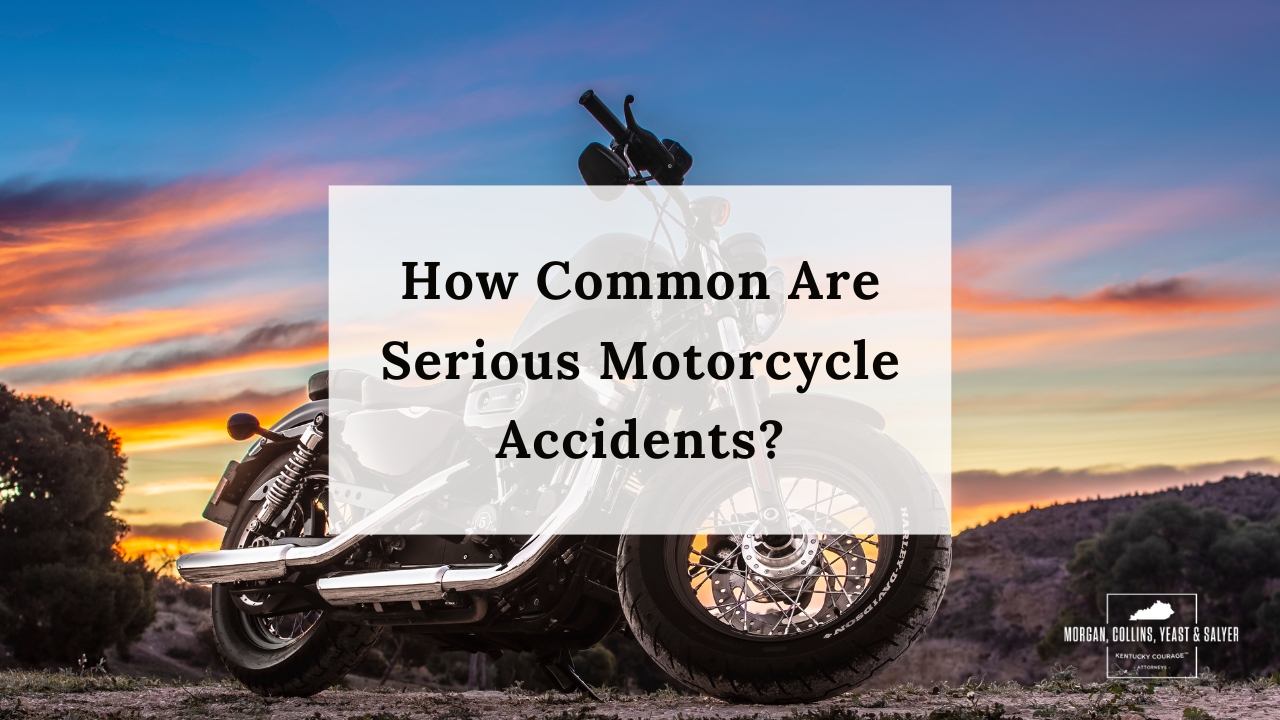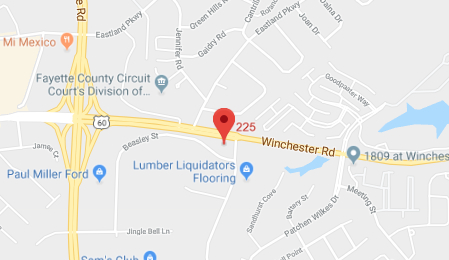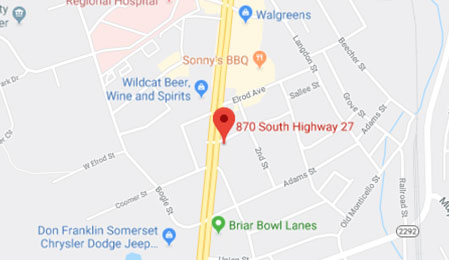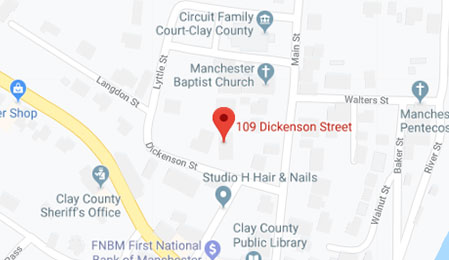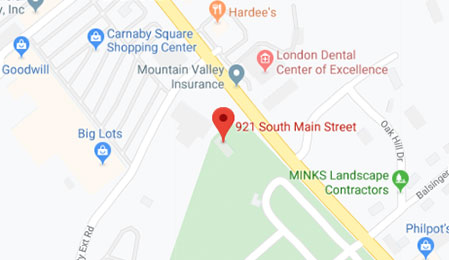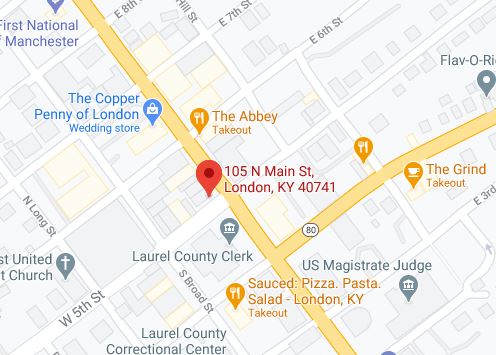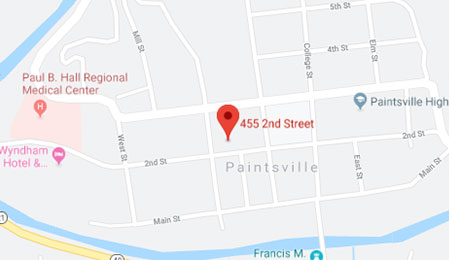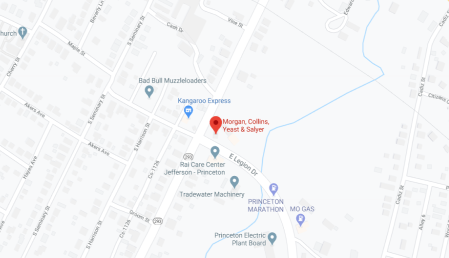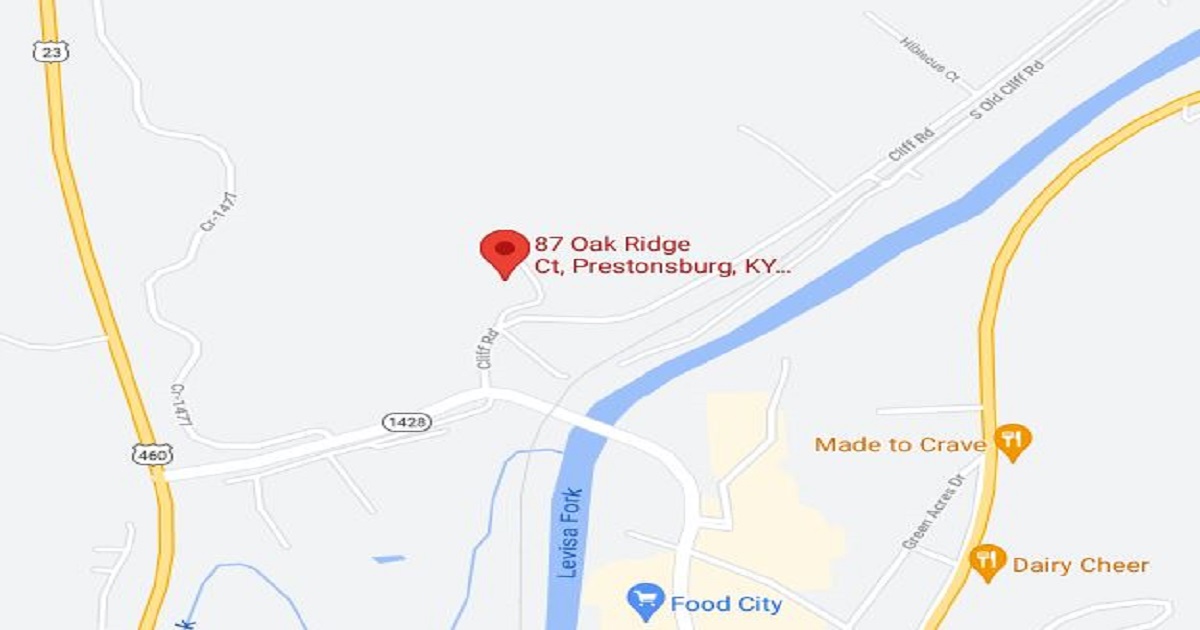
There are many appealing reasons to ride a motorcycle, from feeling the wind in your face and enjoying the company of fellow riders to saving money at the gas pump. But riding a motorcycle can also be dangerous.
Riders don’t have the protection of a car’s frame when a crash occurs, meaning they’re more likely to sustain catastrophic or permanent injuries. Fatal accidents are tragically common. Data suggest that over two-thirds of Kentucky motorcycle crashes result in severe injuries or deaths.
How Likely Am I to Get in a Serious Motorcycle Accident?
Riding a motorcycle involves greater risk than driving a passenger car. Even skilled, cautious motorcycle riders face dangers that aren’t always within their control.
Motorcycles are smaller than other passenger vehicles and harder for other drivers to see, especially at intersections or in heavy traffic. Left-turn accidents are a particular hazard for motorcycle operators. When a car pulls out without noticing a bike, the motorcyclist has little room for error. Head-on collisions frequently result. Speeding, distracted driving, and driving under the influence of alcohol or drugs also increase the risk of a severe crash, no matter how careful a motorcyclist is.
Other factors, like road conditions, weather, and visibility, play a significant role in whether an accident happens and how severe it is. Rural roads in Kentucky, for example, are often winding, uneven, and poorly lit, which increases the chances of a catastrophic collision. Left-turn accidents are a particular hazard for motorcycle operators.
Wearing proper gear, obeying traffic laws, and avoiding risky behavior can help reduce the chances of a serious motorcycle crash or life-threatening injury. But even with all the appropriate precautions, riding a motorcycle is more dangerous than most other forms of transportation.
What Constitutes a ‘Serious’ Motorcycle Accident?
There’s no uniform definition of a “serious” motorcycle accident. Broadly speaking, a serious motorcycle accident is one that causes significant injuries, long-term health problems, or other lifelong consequences for a person’s life.
Because riders don’t have the protection of a car’s body and frame around them, even a motorcycle crash at low speed can lead to broken bones, head injuries, and internal injuries. High-speed motorcycle collisions or crashes involving larger vehicles, like commercial trucks or SUVs, often result in even more severe outcomes.
Some of the most common serious injuries in motorcycle accidents include traumatic brain injuries (TBI), spinal cord injuries (SCI), amputations, internal bleeding, severe bone fractures, and severe road rash, which can lead to infections or permanent scarring. Such injuries can take months or even years to recover from. Some never fully heal.
As a result, injured motorcycle drivers or passengers may be left with chronic pain, reduced mobility, and disabilities that prevent them from working, driving, or doing everyday tasks. A severe motorcycle crash can also affect an injured motorcycle operator’s mental health. Anxiety, post-traumatic stress disorder (PTSD), and depression are common after life-altering accidents.
Kentucky Motorcycle Accident Statistics
Crash statistics from the Kentucky Transportation Cabinet demonstrate the serious nature of many motorcycle accidents. In one recent year, 1,734 motorcycles were involved in accidents statewide out of 213,916 vehicles involved in all crashes. That means motorcycles accounted for less than 1 percent of vehicles involved in all crashes, yet they also accounted for nearly 8 percent of all fatal accidents.
Other figures reinforce this conclusion. Of the 1,702 motorcycle collisions recorded statewide in one recent year, 1,089 involved injuries, while another 98 involved traffic fatalities. That means almost 70 percent of motorcycle crashes involved injuries or deaths.
Some common risk factors in Kentucky motorcycle accidents include:
- Drivers or riders not paying attention – 27 percent of all motorcycle crashes and 21 percent of fatal motorcycle accidents
- Drivers or riders not maintaining control of their vehicle – 23 percent of all crashes and 35 percent of deadly crashes
- Drivers or riders not yielding the right-of-way when required – 13 percent of all crashes and 24 percent of fatal motorcycle accidents
- Drivers or riders exceeding posted speed limits – 5 percent of all crashes and 14 percent of fatal injuries in motorcycle accidents
What Factors Can Increase the Chances of Being in a Serious Motorcycle Accident?
Speeding is one of the riskiest things a motorcycle rider can do. Higher speeds mean less time to react and a greater chance of life-threatening injuries.
Distracted drivers are another significant danger, especially those who don’t check their blind spots or look carefully before turning or changing lanes. Likewise, riding at night or in poor weather increases the risk of a crash, since visibility is lower and road conditions are worse.
Other risk factors for severe injuries include riding without a helmet or other safety gear, weaving through traffic, or operating a motorcycle under the influence of alcohol or drugs. Alcohol-impaired drivers of other vehicles are a significant threat to motorcyclists. Experience also affects a motorcyclist’s chances of a severe crash. Newer riders may not have the reflexes or judgment needed to avoid crashes.
Steps to Take if You’ve Been Injured in a Motorcycle Accident
After getting medical treatment for severe injuries in a motorcycle accident, it’s vital to take a few key steps in the coming days and weeks.
- Get legal help from an experienced motorcycle accident lawyer at Morgan, Collins, Yeast & Salyer as soon as possible after the crash. Our attorneys are ready to handle all your legal issues while you focus on your health.
- Follow all medical advice and attend every appointment. Gaps in care can slow your recovery and make it harder to prove the extent of your injuries. Keep copies of medical records, medical expenses, prescriptions, and anything else related to your treatment.
- Get a copy of the police report from the crash. It’s also prudent to write down everything you remember about the accident while it’s still fresh in your mind – what you saw, how you felt, and what happened before and after the crash.
- Avoid speaking to the at-fault driver’s insurance company without legal advice. Insurance adjusters may try to get you to settle quickly or say something that could hurt your claim.
- Keep records of missed work, repair costs, and any changes to your daily life. These details could make a big difference later.
Why Is Contacting a Motorcycle Accident Attorney Important?
Promptly contacting a motorcycle accident attorney at Morgan, Collins, Yeast & Salyer matters because severe motorcycle crashes often lead to high medical bills, lost income, extensive pain and suffering, and insurance disputes. Our experienced lawyers can deal with the insurance company for the driver who hit you, gather evidence, and guard your rights at every stage of your case. Without legal help, you’re less likely to recover the money you need to rebuild your life.
Our Experienced Motorcycle Accident Attorneys Are Ready to Help You
The motorcycle accident lawyers at Morgan, Collins, Yeast & Salyer have recovered over $400 million in compensation for our clients. We won’t pass you off to a paralegal. You’ll work with one of our skilled attorneys throughout the process.
Call us now or complete our contact form for a free consultation.





